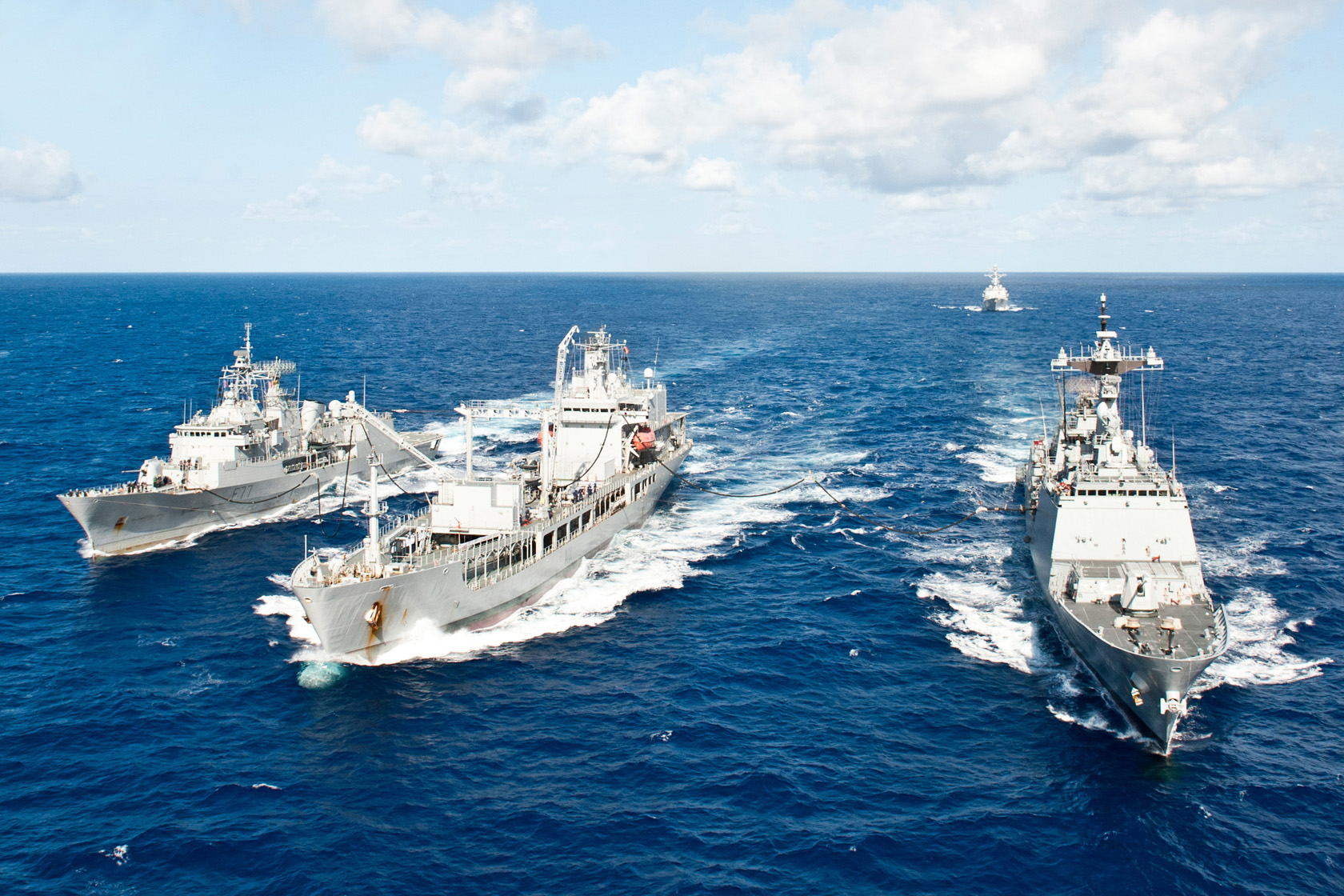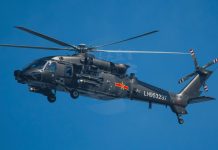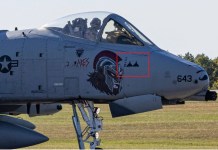The US is considering deploying a permanent naval task force in the Indo-Pacific as a means to counter China’s growing military power in the area, Politico reported, citing sources.
US Military Base In India – After QUAD Pact, Will Modi Invite The US Navy To Andaman Islands?
“We are looking at a number of proposals in the Indo-Pacific and across the Department, to better synchronize and coordinate our activities. However, as the Secretary said, now is the time to get to work, there are many details and specifics still to be finalized,” an unnamed Pentagon official was quoted as saying.
According to the sources, as cited in the report, the plan also involves establishing a named military operation, which means that the Pentagon will be able to secure additional money specifically for dealing with the perceived China threat.

The Pacific group is reportedly expected to be modeled after NATO’s permanent naval force in Europe during the Cold War, the Standing Naval Forces Atlantic. While the size of the new task force remains unknown, the newspaper noted that the typical NATO squadron included six to 10 warships from multiple member states.
Earlier, as EurAsian Times reported, Washington is aggressively exploring additional military bases closer to China, to disperse its naval assets in a wide area, which analysts believe would make it difficult for China to eliminate the assets in one stroke.
US Hunting For More Military Bases To Cripple China; India One Of The Options: Top US Official
In a webinar, hosted by Atlantic Council, on May 10, Army Secretary John Whitley said that the US was involved in a number of “trust-building efforts” in the Indo-Pacific with various nations including Indonesia, Thailand, Vietnam, and India that he said, “in the long term could lead to more access, basing and overflight rights.”
Additional Inputs from EurAsian Times Desk
READ MORE
- At €7.8B, Why Indian Rafale Jets Are ‘Double The Cost’ Than Egyptian Rafales?
- Why Did Netizens ‘Mock’ Nigeria For Importing JF-17 Fighter Jets From Pakistan?




